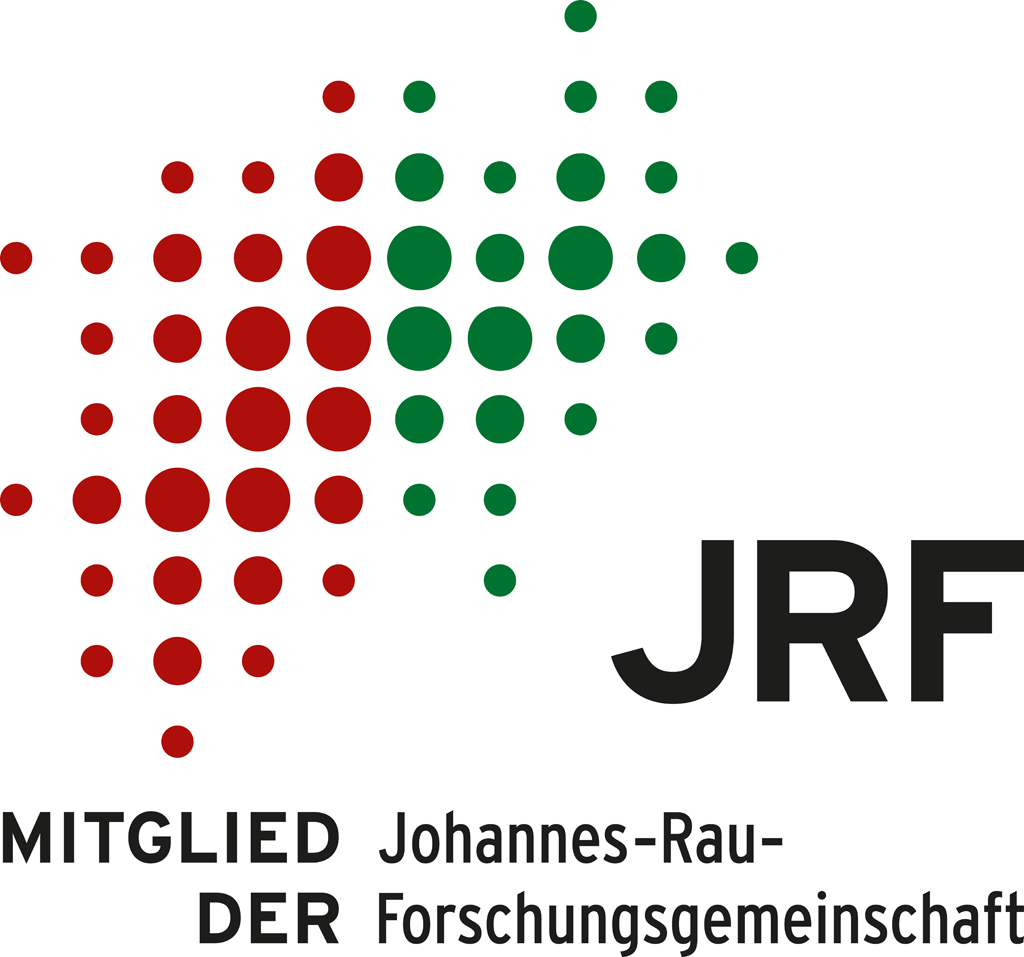Research projects
| Client: | ZEIT-Stiftung (Foundation) |
| Time frame: | 04/2021 – 10/2021 |
As early as the beginning of the 1960s, Marshall McLuhan described the world merging into a connected "global village" in which the place of residence will hardly be decisive for the job choice or social networks. Since then, the further progress of digitization has often been associated with the vision that spatial distances in human interaction will become obsolete and that the spatial disadvantages of non-urban areas will disappear.
Although "equal living conditions" (Gleichwertige Lebensverhältnisse) have been an explicit goal and guiding principle of spatial planning in all parts of Germany for almost five decades, public debates about "lagging", "disconnected" or "peripheralized" rural areas are still cutting edge. Thus, there is evidence that patterns of spatial disparities persist, have sometimes intensified and can be highly dynamic at the same time, as the rapid development of digital solutions shows – e.g. digital home office or home schooling – in times of the Corona pandemic.
The book project (working title „Zukunftsatlas“) which is elaborated in the focus theme „Stadt.Land.Zukunft“ of the Bucerius Lab (ZEIT-Stiftung) follows up on McLuhan's theses with a contemporary perspective and raises the question of what a 'Global Village 2050' should look like and how an equalisation of urban-rural divide can be succeed. In the context of this book project, the ILS is developing a meta-study on the challenges of current urban-rural relations. Therefore, the literature and documents of the last two decades on urban-rural relations will be systematically evaluated and placed in their respective specific historical contexts. The meta-study addresses six sets of questions:
- What are the scientific findings on the causes and extent of spatial-structural disparities with a focus on the urban-rural relationship, and how are urban and rural spaces perceived and 'framed' in public discourse?
- What recommendations do scientific, academic and civil society institutions make for reducing spatial disparities and on which ideas and paradigms are these based?
- What spatial, structural and infrastructure policy strategies and concepts are being pursued by policymakers and what are their implications from a scientific perspective?
- What insights can be gained from publicly and non-publicly funded pilot projects?
- How do other countries deal with issues of spatial-structural disparities and urban-rural disparities?
- What overarching conclusions can be drawn for (spatial) political, economic and social action in the future?
Meta-study (in German) available for download here:
Siedentop, Stefan; Stroms, Peter (2021): Stadt und Land: gleichwertig, polarisiert, vielfältig. Eine Metastudie zu Stadt-Land-Beziehungen im Auftrag der ZEIT-Stiftung Ebelin und Gerd Bucerius (Hrsg.), Hamburg
Project leader:
- Prof. Dr.-Ing. Stefan Siedentop
Project team:
- Peter Stroms
Phone: +49 (0) 231 9051-219
E-Mail: peter.stroms@ils-research.de
[« back]





